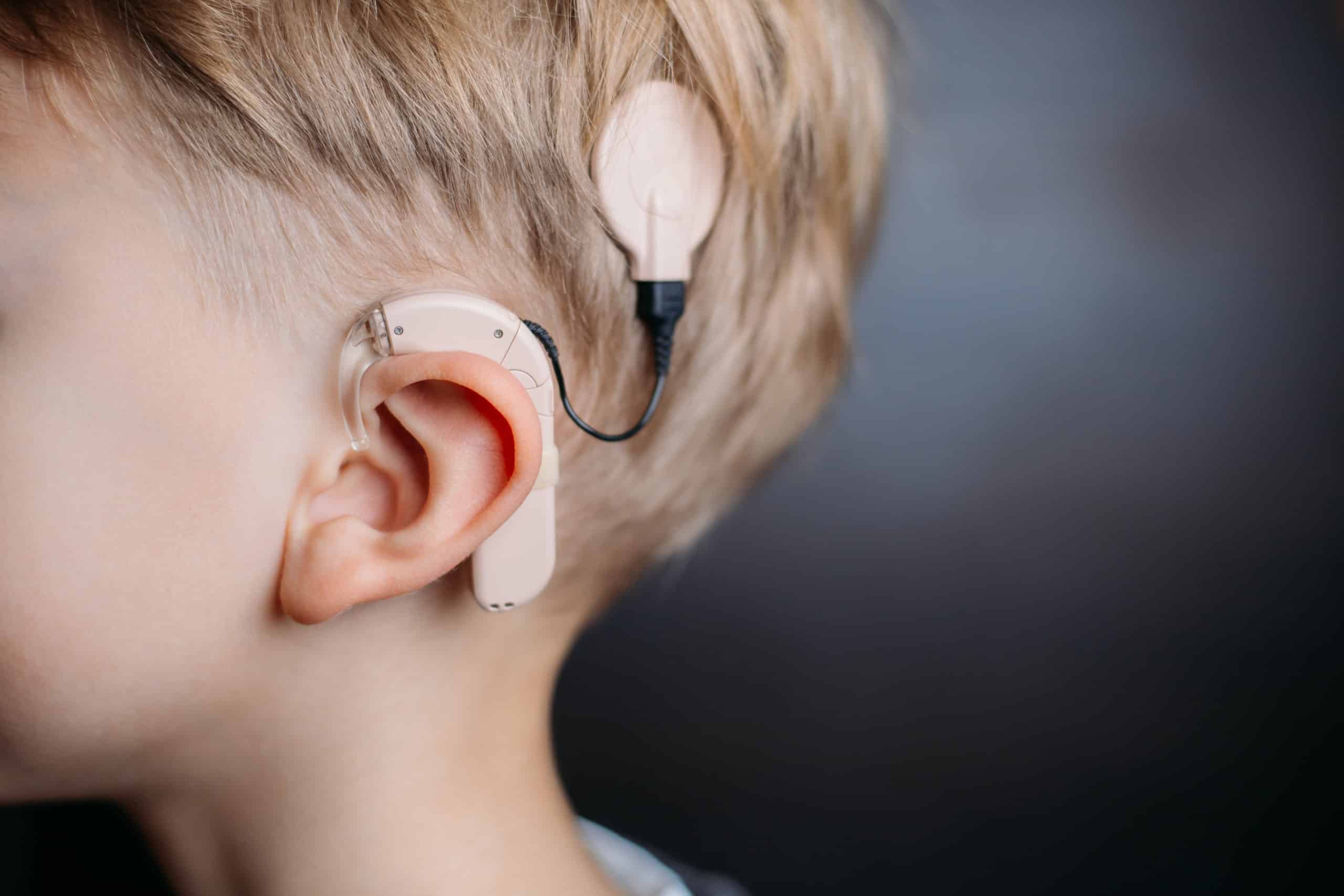
Cochlear Implants
What are Cochlear Implants?
A cochlear implant is a small, complex electronic device that can help provide a sense of sound to a person who is profoundly deaf or severely hard of hearing. Unlike hearing aids, which amplify sound, cochlear implants bypass damaged parts of the ear and directly stimulate the auditory nerve, allowing individuals to perceive sound in a different way.

Who is a Candidate for Cochlear Implants?
- Severe Hearing Loss : Individuals with profound hearing loss in both ears who receive limited benefit from hearing aids.
- Speech Recognition Difficulty : Adults or children who struggle to understand speech even with hearing aids.
- Healthy Inner Ear Structure : Candidates need an intact auditory nerve for the cochlear implant to function.
- Motivation and Support : A strong commitment to post-implantation rehabilitation, including regular audiological testing and speech therapy.
Benefits of Cochlear Implants
- Improved speech understanding, especially in noisy environments.
- Enhanced ability to hear and respond to environmental sounds.
- Better communication without reliance on lip reading.
- Increased ability to enjoy listening to music and participate in conversations.
- Improved quality of life by reconnecting with loved ones and communities.
Risks and Considerations
- Surgery Risks : As with any surgery, there are risks, including infection, bleeding, or damage to facial nerves.
- Device Limitations : Cochlear implants do not restore normal hearing; they provide a different way to hear and perceive sounds.
- Rehabilitation : Success depends heavily on the individual's motivation and commitment to long-term rehabilitation.
- Device Maintenance : Regular maintenance and sometimes reprogramming are necessary for optimal function.
How Cochlear Implants Work
- External Processor : The sound processor, worn behind the ear, captures sound and converts it into digital signals.
- Implanted Device : The implant, placed under the skin, receives these signals and converts them into electrical impulses.
- Stimulation : Electrodes implanted in the cochlea stimulate the auditory nerve, which then sends the signals to the brain for interpretation.
